Brain Development For Babies: How To Make Them Smart?
The brain is the most important part of our body. Proper development of it determines how well an individual does in life. Brain development starts in the mother’s womb and continues after birth. Although there is a natural course of development, certain activities can enhance or reduce the proper growth of this very important organ.
There are many ways to ensure proper brain development. Nutrition is the key; both for the pregnant mother and the child after he is born. Besides that, various activities such as playing with your baby, reading poems or stories to him, and ensuring the right amount of sleep are equally important. If parents can put some extra effort during this important time, it can reshape the baby’s future as an intellectual.
In this article, I will discuss 15 ways you can raise a smart baby. Almost all parents more or less follow these steps, but many fail to recognize their significance. I will also briefly discuss some age-specific activities that are extremely beneficial for the brain development of babies at a certain age. Let’s go!
15 Ways You Can Raise A Smart Baby
Raising a baby is not an easy job. To make sure that your little one grows up to be smarter than other kids, you have to give some extra effort. Here are 15 ways to ensure better brain development and raise a smart kid:
1. Take Care Of Yourself During Pregnancy
Pregnancy is one of the most important periods for a child’s development. Different parts of the body develop at different times during pregnancy. Fetal brain development begins in the third week of pregnancy. But to make sure that your baby grows up to be a genius, you have to take care of yourself throughout the pregnancy.
Quit usual food habits like junk food, soft drinks, etc. Consult your gynecologist regularly to make sure everything goes well during this important time. Avoid smoking, alcohol consumption, etc. They are harmful to the human body and can hamper your baby’s normal growth.
A regular health checkup can avoid a lot of complications that would otherwise be harmful to the baby’s intellectual development. Maintain your weight. Talk to your doctor to know how much weight gain is normal during pregnancy. Do aerobic activities for around 150 minutes a week.
Make sure the intensity is moderate. The bottom line is that you will need to put some extra effort during your pregnancy for a healthy and well-developed newborn. Put aside those bad habits and lead a healthy life during the pregnancy for optimum brain development of your kid.
2. Fulfill Your Baby’s Needs
Newborns are helpless until a certain age. Parents need to fulfill all of their needs during that time. They need to be fed and kept clean and warm. However, besides these basic needs, there are other necessities of a child that parents often do not notice.
You might clean your baby, but not at the right time. Your baby spends a long time in wet pants which is not good for proper development. Also, you might feed your baby but before that, your child starves for a longer than ideal period. You as a parent emphasize these small things.
Besides these, spending quality time with your kid is very important for his brain development. Remember that spending time with parents is also a very important need for infants. As kids grow up, they might need age-specific toys. Or as their body grows, old clothes might get tight.
You have to fulfill these needs from time to time. Children’s needs change as they grow up. You, as a parent, need to be cautious and address these needs. Always remember that there is one thing more important than addressing your toddler’s needs; that is addressing them at the right time.
3. Describe Little Objects
Pointing to various things means your baby is trying to communicate with you. You can witness this very important developmental milestone at around 9 or 10 months of your baby. It is one of the earliest signs that your baby is learning to communicate. This little milestone bears more importance than many parents understand.
It means that your baby can relate something to you. As a parent, you should be reciprocal to take this milestone to the next level. When your baby shows you something, be responsive. Use words to communicate. Describe that object or tell its name.
You can also point to and describe various household objects to your child. The things could be that babies spend the most time interacting throughout the day; like milk bottles, toys, various food items, baby cradles, etc. Don’t forget to verbally communicate with your baby when pointing at these things.
Your baby may not understand everything you are saying, but the words shall be embedded in their brain. It will help them learn to speak more easily. As your kid grows up a little, take him outside to places like the playground, zoo, etc. Show him various animals and tell them their names. This type of interaction will prepare them for more complex communications in the future.
4. Apply Positive Discipline Techniques
Growing social skills are equally important as cognitive skills. Positive parenting is a method that can grow all sorts of necessary skills in your baby and at the same time, teach them behavior, emotional regulation, empathy, social interactions, etc.
How can you do that? It’s simple; you need good examples of your behaviors and activities. Limit using negative words, stop scolding your baby over little things, and use positive language as much as possible. An example of this is saying “take care of the toy” instead of “don’t break the toy!”
As your baby grows up, he will learn new things and behaviors. As a parent, you should not lose your patience. You just have to change positive parenting as your child ages. Pay keen attention to what your kid does, positively correct them, and when they do something well; don’t hesitate to praise them.
While doing all these, don’t overindulge your kid in any way. Set clear rules and make sure your kid follows them. Positive parenting is a great way to boost your kids’ brain development and become smart individuals in the future.
5. Encourage Your Child To Be Responsive
Encouraging your kid to interact and be responsive is highly beneficial for a well-developed brain. Kids who grow up in a relatively passive environment are often less sharp than the ones who grow up constantly interacting with their parents.
Love and safety are vital for a kid’s brain development. Playing with your baby, showering with affection, hugging, praising, etc. can make them feel safe and loved while encouraging interaction. Feeding time is important; it is the time for bonding with your kid as a mother.
You can interact most with your kid during this time. Make eye contact as much as possible. If you breastfeed your kid, make skin-to-skin contact which is often described as one of the key elements for better brain development. As your newborn turns into a toddler, play small games like peek-a-boo or hide ‘n seek. Such activities will make your kid more interactive and help you raise a smart kid.
6. Play With Your Baby
Playing with your baby helps him develop various skills. Give him age-specific toys such as building blocks, balls, action figures, etc. Also, keep in mind the dangers of choking. As your child grows up, change the toys to suit his age.
Encourage him in sports that require physical labor. Play baseball with him, or make a basketball court in your backyard. Teach him to swim at the appropriate age. Many say that video games are bad. Yes, that’s true but only if the playtime is excessive.
Video games, especially multiplayer games help to develop reflexes, responsiveness to various situations, situational awareness, decision making, etc. Let him play video games too but make sure he doesn’t get addicted to it.
Playing games is for fun and makes sure it stays that way. Games like a crossword puzzle of Sudoku are great for developing problem-solving skills. Just let your child play whatever he likes at different ages and accompany him.

7. Good Sleep Is Important
When in the womb, babies spend 80% of their time sleeping. After birth until 2 years, babies spend more time sleeping than awake. Kids spend around 40% of their childhood sleeping. It may seem trivial, but an enormous amount of brain development of babies takes place during sleep.
The Myelin layer which is an essential layer of fat covering the brain develops during sleep. The connection between the left and right hemispheres is called corpus callosum which strengthens during sleep. All these developments make the brain more functional and more active. Various abilities such as language, attention, emotion, impulse, etc. are purely controlled by the brain.
A well-developed brain means more control over these emotions. How well your baby sleeps can single-handedly determine the course of brain development of babies. Not only during childhood, inadequate in adult life can cause various diseases like hypertension, diabetes, etc. So, make sure your baby sleeps well. Check if anything is hampering your baby’s sleep.
If you have pets, keep them outside the room. As a parent, you should know the signs of sleepiness. One important thing to follow is that babies usually wake up after 1.5 to 2 hours of sleep. If you rock your baby to sleep, it might become a habit and your child may expect it when they wake up in the middle of the night. So don’t let your child develop this habit, allow him to go back to sleep on his own.
8. Nutrition Is Crucial
The exact role of nutrition in brain development of babies is quite complex. The effect of nutritional deficiency depends on the amount and extent of development. In the early stage of pregnancy, nutritional deficiency can result in the production of fewer brain cells.
If the mother faces nutritional deficiency in the later stage of the pregnancy, it can affect the size and complexity of the developing brain. In the early years of your child’s life, critical cognitive and neurological development takes place. Proper nutrition is very much important.
There are foods that you should give your children regularly and there are some foods that you should avoid. Eggs, Greek yogurt, and leafy green vegetables are vital for your kid’s brain development. The egg is full of protein and vitamin B-complex which is essential for brain development of babies. Greek yogurt has more healthy fats, and fat is the food of the brain.
Healthy fats improve communication between brain cells and improve the brain’s ability to send and receive information. Fish is another nutritious food that you should always feed your child. Fish is rich in vitamin D and Omega-3 fatty acids. Both these nutrients improve memory. To ensure optimum growth of your child’s brain, avoid processed food at all costs. Also, limit sugar intake. If your child has a sweet tooth, opt for sweet fruits.
9. Minimize Screen Time
For optimum brain development, you should interact with your child regularly and also make sure that your kid engages with the world around him. Give him toys, plastic blocks, talk to him, read rhymes to him, etc.; doing all these gives the necessary boost your child needs for brain development of babies.
However, to do all these, you’ll have to minimize screen time as much as possible. When kids are in front of the screen, it takes their complete attention. Kids become less interactive. For a brief period, it’s not bad. But when it becomes regular, it can severely hamper a child’s mental growth.
There are many things to learn from educational television programs, but that’s for older kids. Babies do not benefit from mobile or tv at all. Rather it takes away important time that could be utilized for more beneficial activities.
The World Health Organization (WHO) recommends no screen time for kids under 18 months. When you choose to expose your children to screen and motion pictures, make sure the program is suitable for children and educational and you are there with your kid.
10. Increase Face Time
Making facial expressions and understanding emotions are the key signs of brain development of babies. At around 3 months of age, infants begin to recognize facial expressions. By the time they are 5 months old, they begin to understand more complex expressions and emotions.
One thing many parents do not know is that babies prefer human interaction more than playing with toys. Before babies learn to speak, they communicate with their parents by emotion. When a baby gets sleepy, they rub their eyes. When hungry, babies cry.
As babies grow up, they expand their array of communications and learn various expressions. They know what it means when you smile, what your expression is when you are sad or angry etc. This might seem trivial to us, but this ability is a cornerstone of nonverbal communication.
The more face time you have with your baby, the more interactive he becomes. Also, babies become happy when they see their parents. Various neurochemicals play a strong role here. More interaction with parents means your baby is getting prepared for better teamwork, positive interactions, and strong long-term relationships as an adult in the future.

11. Model Healthy Relationships
Being smart comprises many things. One of which is valuing relationships. If your kid sees fragile relationships around him since childhood, he won’t learn the values of relationships. What you can do here is model strong and healthy relationships. It can be with anyone; you and your partner, you and your parents or friends, relatives, neighbors, etc.
It will not only teach your kid the value of good relationships. Being parents is not an easy job. New parents suffer from sleep deprivation due to the responsibilities to the baby. In such circumstances, it can be difficult to prioritize your relationship with your partner.
Parenting is tough but you have to maintain a healthy relationship with your partner for the sake of your child. Both you and your partner have to be supportive of each other during this time. It’s okay to sometimes have arguments in front of your kid. But don’t make that a regular practice.
If you are having issues with your partner, try to work that out inconspicuously. The way you and your partner sort out relationship issues can be an example to your kid. He can learn conflict management for his adult life.
12. Bond With Your Little One
A child is helpless when he is born. Our brain functions in a way that it seeks safety. Our brain can’t focus on learning something if the surrounding environment is not safe. Parents are the only shelter in a baby’s life. Parents are the sanctuary where babies find a sense of security.
The stronger bond you have with your kid; the easier it becomes for your child to develop certain skills. A healthy relationship between child and parents injects self-esteem and a feeling of safety into the child’s mind. So as a parent, you must try to develop a strong bond with your baby.
Skin-to-skin contact is one of the most efficient ways to bond with your kid. Shower your kid with affection or let your baby sleep on your belly etc. Face-to-face time is also highly important to help kids learn expressional.
Eye contact, baby massage, and baby wearing are some very effective methods to bond with your babies. There are many effective ways to bond with your baby. It doesn’t matter which method you prefer; you just need to bond with your kid positively. Thus, you can effectively raise a genius for the future!
13. Protection From Bright Light And Loud Noise
In the mother’s womb, babies are exposed to low levels of light. So, after birth, adjusting to the natural bright light can take time. In low light, newborns feel comfortable opening their eyes and looking here and there. It helps them learn to use both eyes together and pupillary reflex.
Pupillary reflex is when the pupil of both eyes gets bigger or smaller in response to light. These small things are very important for the brain development of babies and improve brain-eye connection. Always avoid bright light such as sunlight or other electric lights.
Keeping babies in the sun is a common practice for vitamin D but make sure that the sunlight isn’t directly on the face of the baby. In the house, use a dimmer switch, low-powered light, etc. You can use a curtain if direct sunlight enters the room through the windows.
The same goes for sounds. If multiple different sounds are occurring at the same time, it can confuse the baby. Sometimes it is okay but if it becomes a constant practice, it can hamper the brain development of babies. So always make sure your baby isn’t exposed to either bright light or loud sounds.
14. Work On Communication
First babies learn to communicate via emotion, then hand gestures and finally they learn to speak. However, the journey to learning to speak isn’t smooth. Parents need to play a huge role here. The first thing you can do is constantly talk to your baby. We love making silly noises with babies but it’s better to use words to communicate because it helps them to learn words faster.

If your baby does something good, praise him using words like “great” or “well done.” it will both encourage them and learn these words at the same time. You can also narrate your whole day. More words your baby hears, the more words he learns.
The next step is gradually expanding your sentences. First, use small sentences with two or three words. As your baby grows up, start using longer sentences. This way he will learn sentence making and also enhance their vocabulary.
Ask questions; first, use small sentences rather than long ones. By asking questions you can understand how your baby perceives the world around him and make conversations with him. Reading rhymes or stories is another great way to enhance communication.
Select age-specific stories and read them to your baby. Don’t just read to your baby, read with your baby. Show him pictures of animals, birds, etc., and tell him their names. With all these things combined, your baby’s communication skills shall enhance and also help him become brighter than average.
15. Help Your Baby To Develop Interactions
Interacting with parents, other people, as well as inanimate objects, helps your baby learn communication skills and know the world around him. Give your kid toys of different sizes and shapes. Also, take him outside from time to time.
Exposing your child to different types of sounds, sights, etc. will keep their brain engaged. Toys like blocks and other stacking toys help brain development of babies for motor skills so make sure you give them that. As your baby starts crawling, let him explore the house.
But make sure your house is baby-proof. Give your baby paints, colored pencils, etc. to draw anything they like. It will increase his creativity. At around 7 months old, babies put everything in their mouth which can lead to choking so be careful of that. Let him take toys to the bathtub. Babies enjoy bath time and it is a great time to learn various skills.
If you give your baby a cup, you will see he is filling the cup with water and pouring it. It teaches important ideas like volume, gravity, etc. The more your baby interacts with his surroundings, the more his brain develops. Thus, your baby grows up to be smart and intelligent.
Age-specific Steps To Boost Your Child’s Brain Development
Some age-specific activities are so beneficial for their brain development. These are highly age-specific and you should perform them regularly at the right age. Here is what you should do at different ages:
Birth To 4 months
- Read to your child
- Tickle his body
- Move objects slowly in front of your baby’s eyes
- Narrate simple activities
4 Months To 6 Months
- Let him play with plastic blocks
- Show your baby color pictures
- Let your baby feel different objects with your hand
- Give him stuffed animals to play
6 Months To 18 Months
- Increase face-to-face communication
- Point toward known people and objects and ask their names
- Play hide and seek
18 Months To 2 years
- Play simple games
- Ask him the names of various objects
- Give him writing tools and teach him to write
- Try to teach him Wh questions
- Give him some personal playtime
2 Years To 3 years
- Praise your child for small activities
- Encourage him to repeat that activity
- Read with your child and ask him questions related to the story
3 Years To 5 years
- Teach him the idea of ‘sharing’
- Encourage him to take part in outdoor sports activities
- Give him respect and attention
- Discuss his everyday activities at the end of the day
Conclusion
All parents want their kids to be smart and bright and transcend others in every sector of life. But many of them do not know how to achieve that. The methods I discussed above are simple but effective ways to ensure proper brain development for babies.
Yes, you’ll have to put some extra effort but that’s what parenting is, right? Hope your little one grows up to be a genius in the future, best of luck!

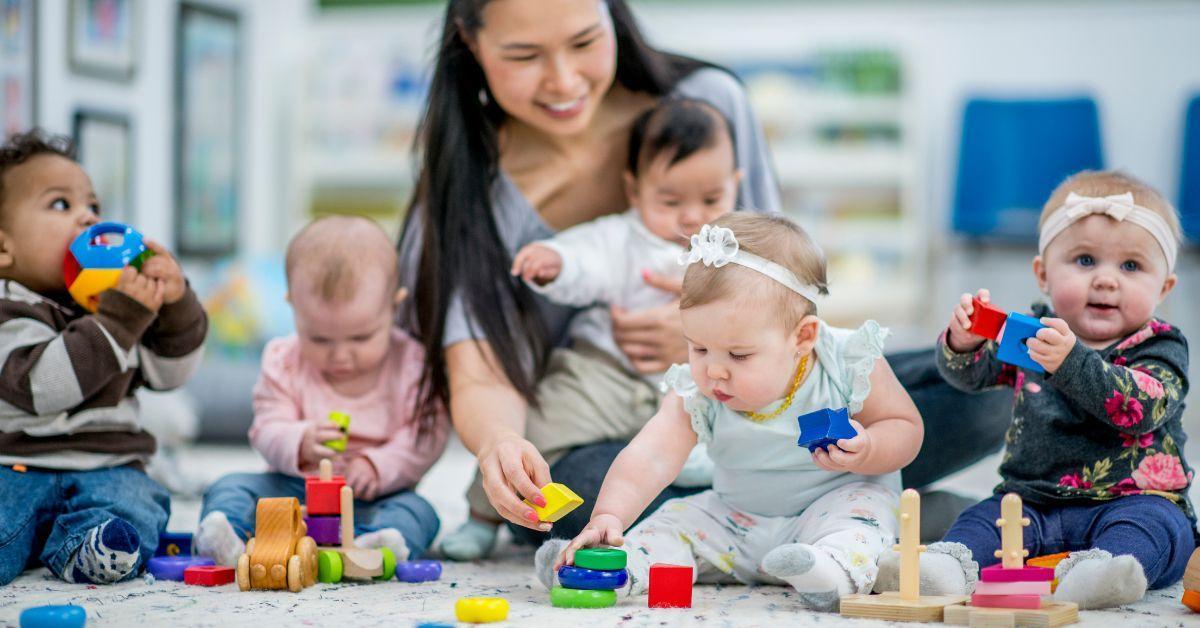
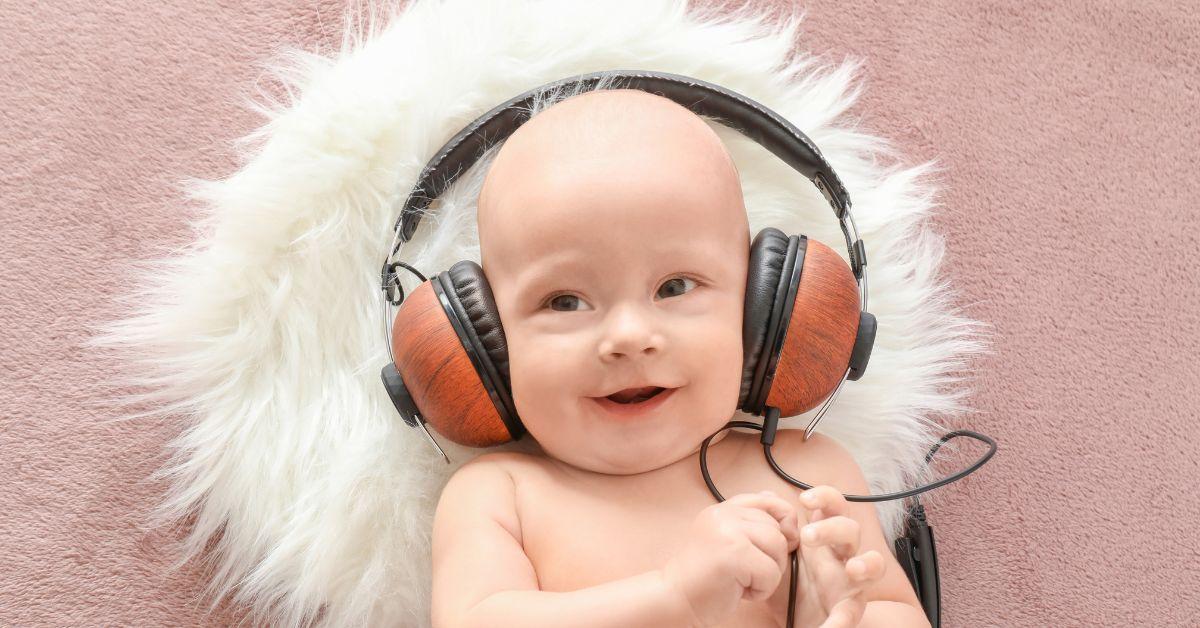
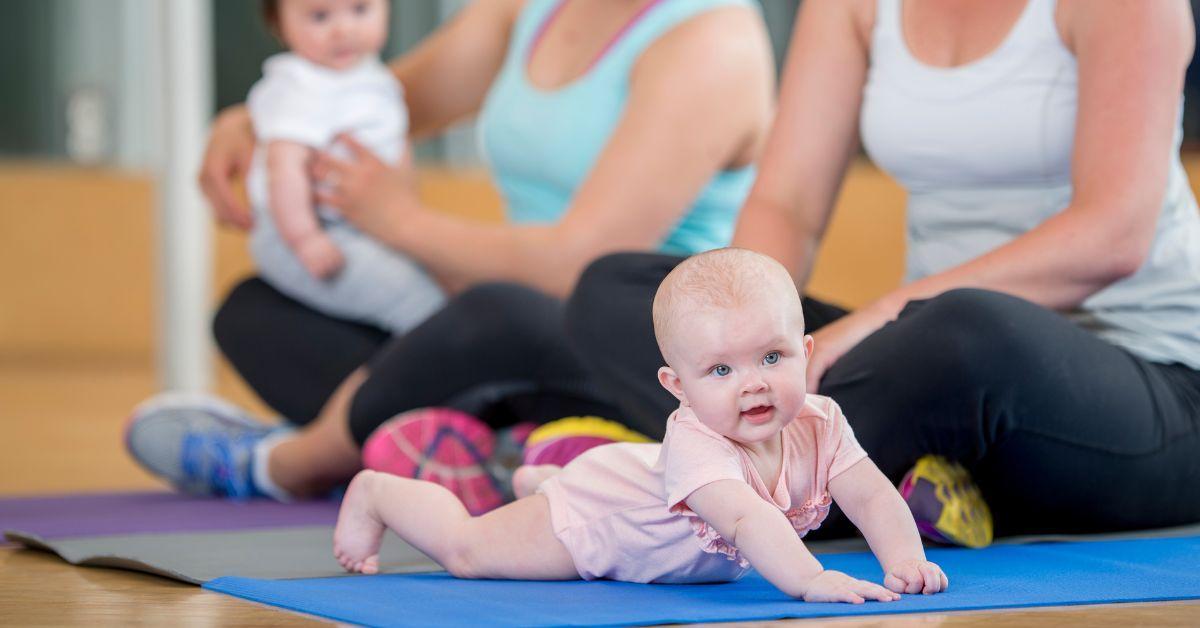
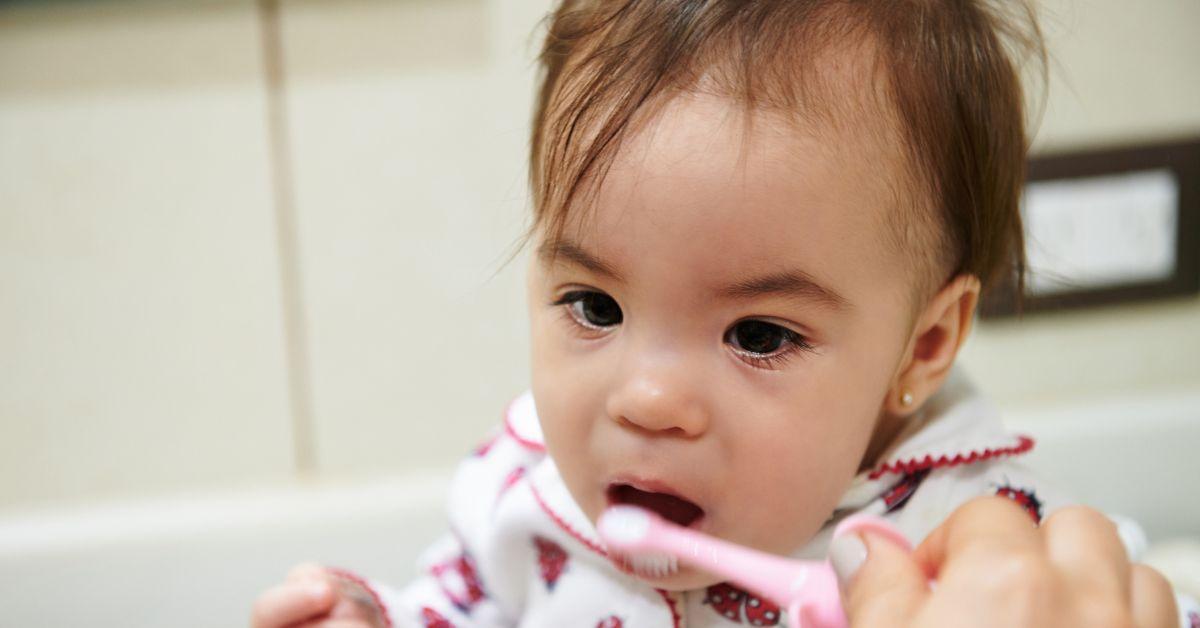
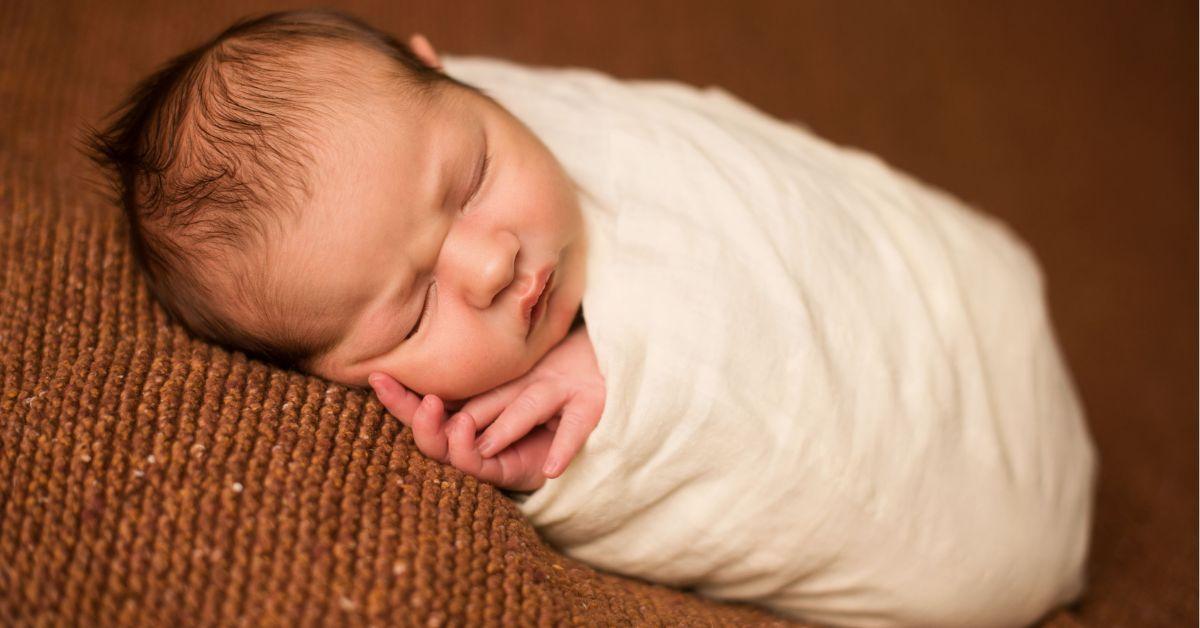
Jennifer Crowley
I'm Jennifer, a dedicated mother passionate about writing insightful blog posts. My life revolves around the joys and challenges of parenting and brings my unique perspective and experiences to writing, with a keen eye for detail and a love for storytelling. My blog is a platform for sharing parenting tips and advice and a place where I want to be with other moms and dads, offering them a sense of camaraderie in the wonderful, chaotic world of parenthood.